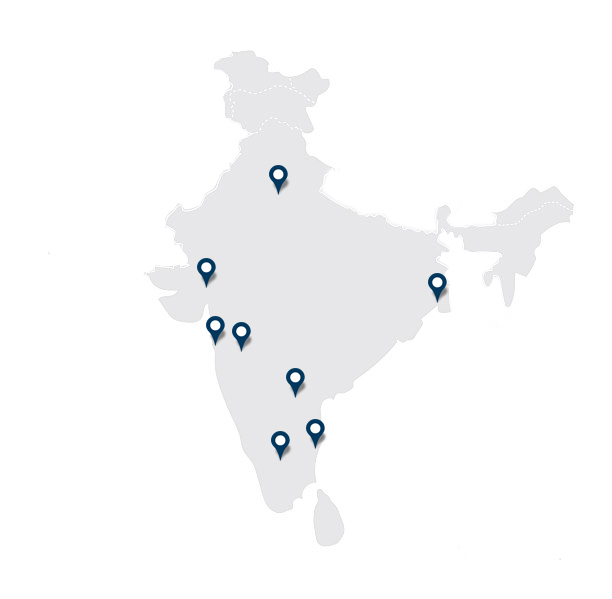The idea of attaining expansive global exposure through academic interventions at highly acclaimed foreign universities is magnetising students from worldwide, particularly from India.At the zenith of academic excellence, Ireland is a top choice for those considering studying in Ireland. As one of the world’s top 20 study-abroad destinations, all its universities stand in the top 3% globally. As per the data compiled by Ireland’s Higher Education Authority (HEA), over 35,140 international students enrolled at Irish universities in 2022-23, among which 4,743 students were from India.
This surge in Ireland’s popularity among Indian students can be attributed to its dynamic education system, world-ranked universities, a resolute focus on research and critical thinking, and a plethora of global networking opportunities to grow professionally. The international student diaspora at Irish universities makes them a melting pot of cultures and inclusivity where one can collaborate, exchange ideas, and scale growth. In addition, the two-year post-study work visa is another added advantage that Indian students do not want to miss out on.
Furthermore, the nation is already at the vanguard of Europe’s cultural, economic, and technological advancements, housing over 1,000 top multinational organisations, such as Google, Facebook, Meta, Apple, Pfizer, PwC, Amazon, and others, creating a dynamic environment to collaborate and learn.


Ireland is a global education hub, home to some of the world’s most prestigious universities, known for their research excellence, industry collaborations and student-friendly environment. Here’s a list of the top universities in Ireland for international students:

| Intake Period | Months | Description |
|---|---|---|
| Autumn Intake | September – October | The primary intake for most undergraduate and postgraduate courses. It is the most popular intake for international students. |
| Spring Intake | January – February | A secondary intake available for select courses. Ideal for students who missed the Autumn intake or prefer a later start. |
Here are the details of the scholarship to study in Ireland for international students.
| Scholarship name | Details of the scholarship | Eligibility criteria |
|---|---|---|
| Government of Ireland International Education Scholarship | Granted to international students pursuing a bachelor’s, master’s, or Ph.D. Number of such scholarships is 60. Includes (for one year of study):-Full fee waiver – 10,000 Euros stipend as a scholarship fund directed at supporting student costs and living expenses. |
|
To apply, there is an indicative application form to be filled out with the details of the prospective candidates and the student also needs to adhere to the specific deadline.

Yes! Ireland offers high-quality education, a diverse culture and welcoming communities for Indian students. With globally ranked universities, particularly in tech, business and healthcare, Ireland is a great choice. Plus, there are part-time work opportunities and a growing Indian student community.
Yes, some Irish universities accept students with 50% marks, especially in undergraduate courses. However, competitive programmes might have higher requirements, so it’s important to check the specific university’s entry criteria.
It is possible, but your options may be limited. Some universities may accept a 5.5 IELTS band for foundation courses or specific programs, but many require 6.0 or 6.5 bands for direct entry into degree programs. Always check the university’s IELTS requirements.
IELTS is generally required for most international students, but alternative tests like TOEFL, PTE, or Duolingo may also be accepted. Some universities might waive the requirement if you have studied in English previously. Always confirm with the university.
Delhi, Head Office
Fateh Education
2/11, West Patel Nagar, Opposite Metro Pillar No. 189 Near Patel Nagar Metro Station (Gate Number – 1)
New Delhi – 110008
Phone
+91-11-41846600
info [at] fateheducation [dot] com
Don’t miss out on the opportunity to be a part of the dynamic and vibrant student community in Ireland. The burgeoning employment rate of students who passed out from Irish universities is a witness to the excellent quality of education and career opportunities promised by these institutions.

Delhi, Ahmedabad, Bangalore, Chennai, Hyderabad, Kolkata, Mumbai, Pune, Chandigarh